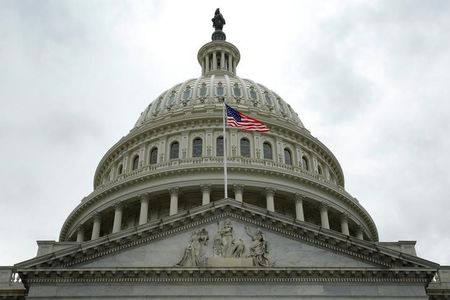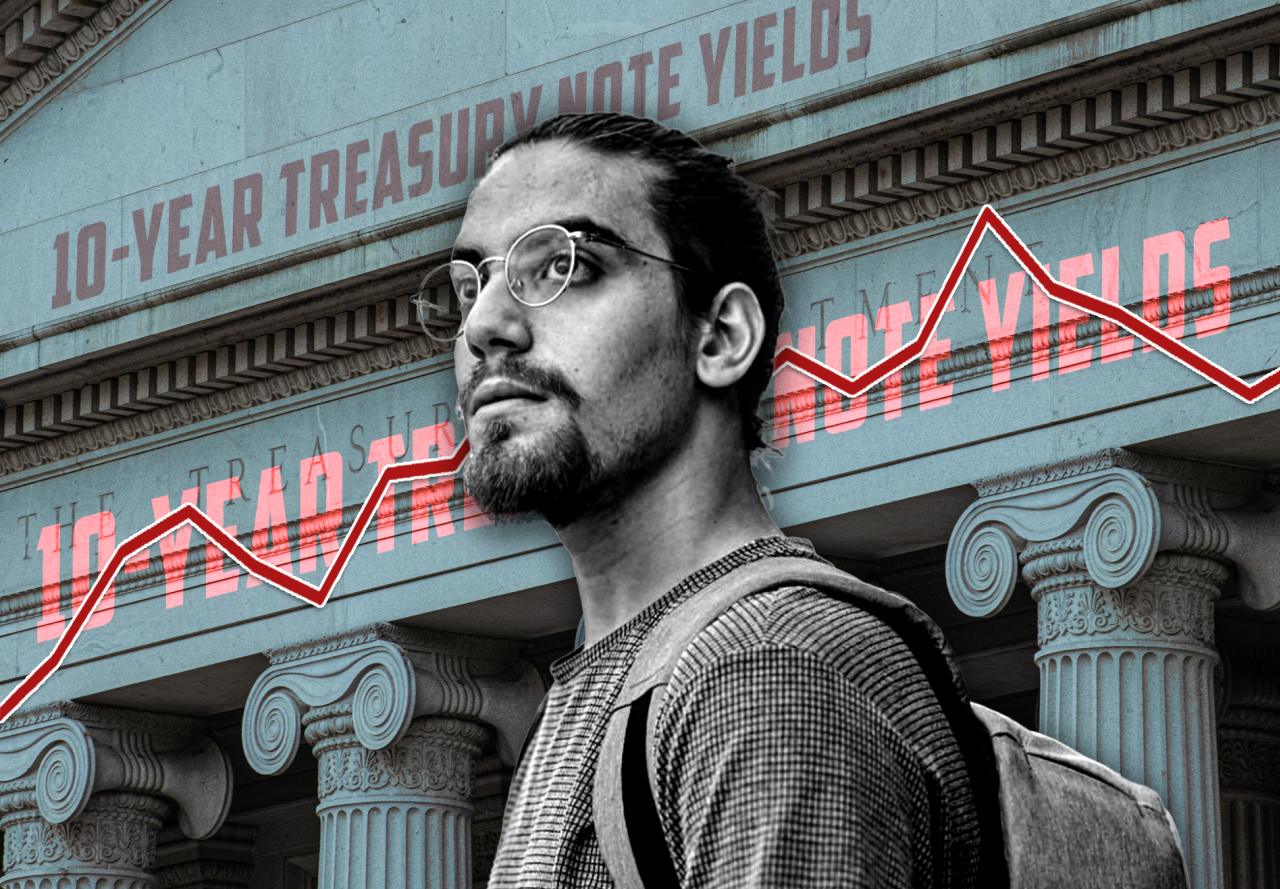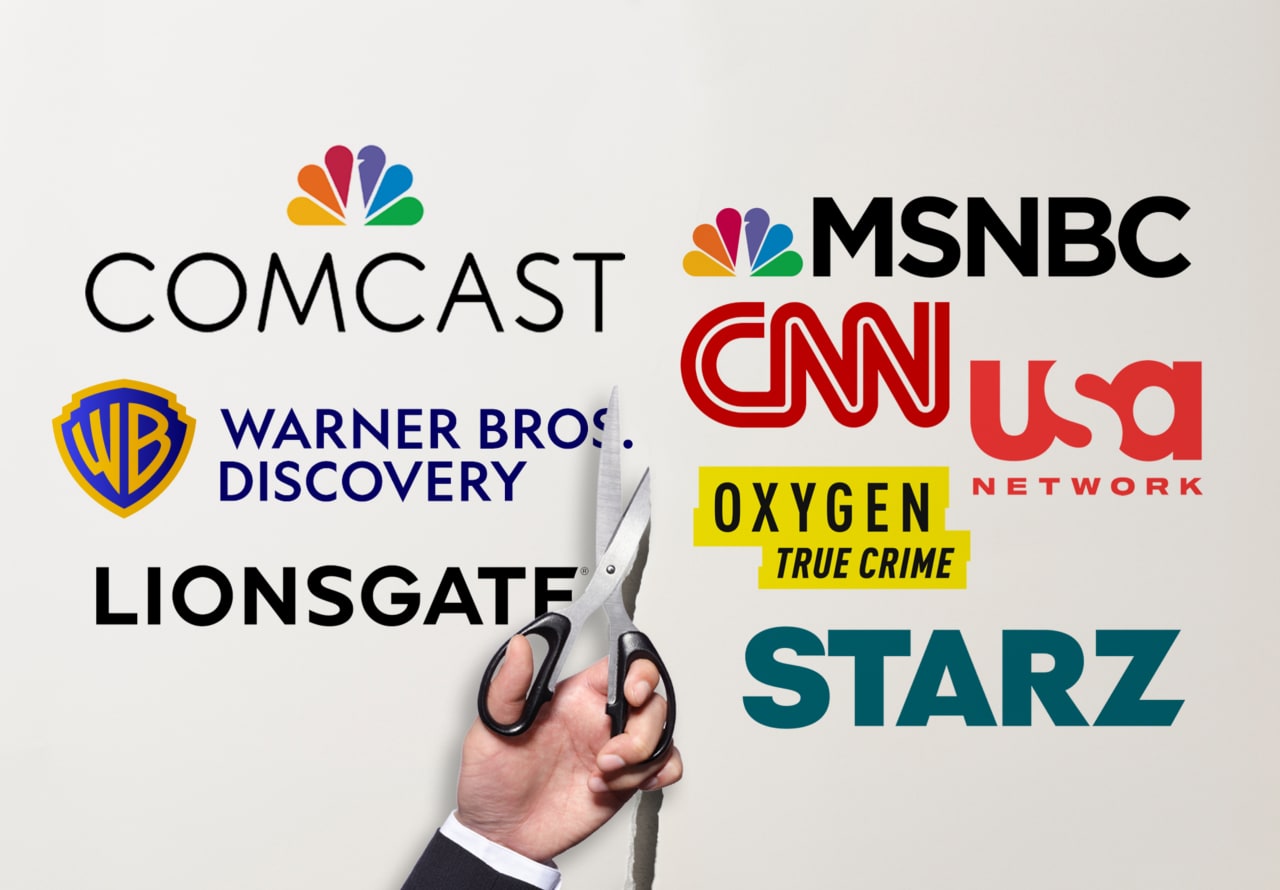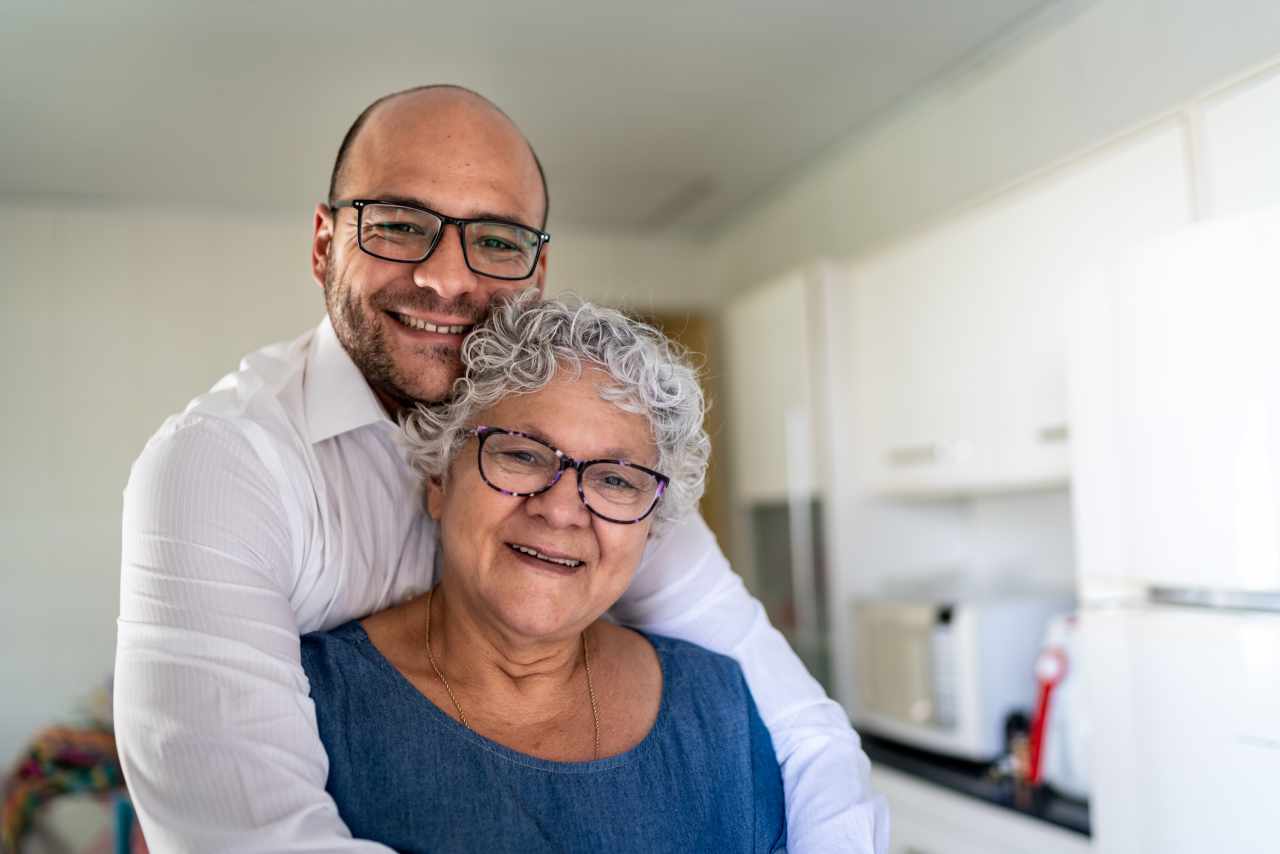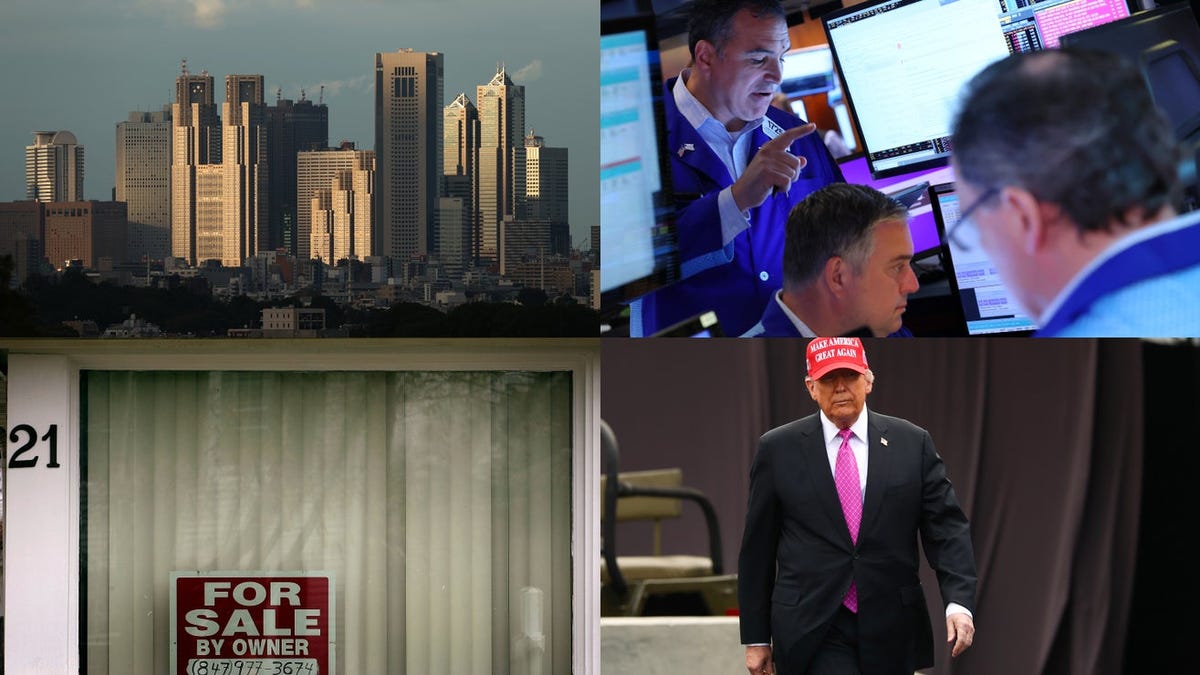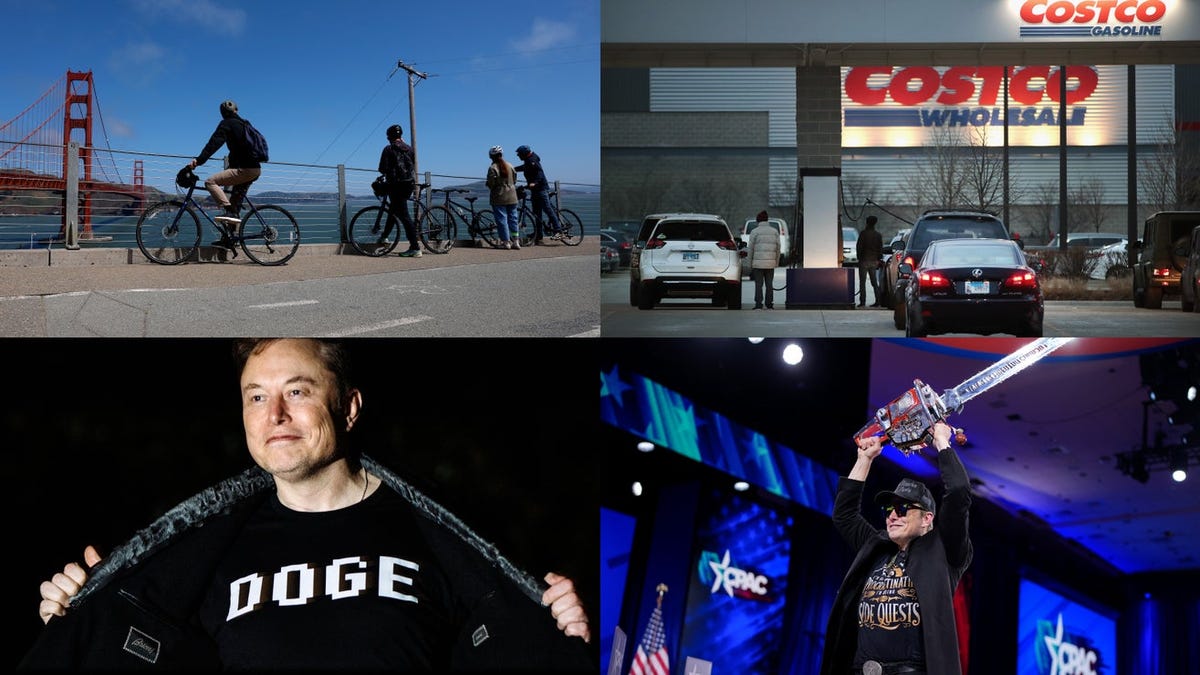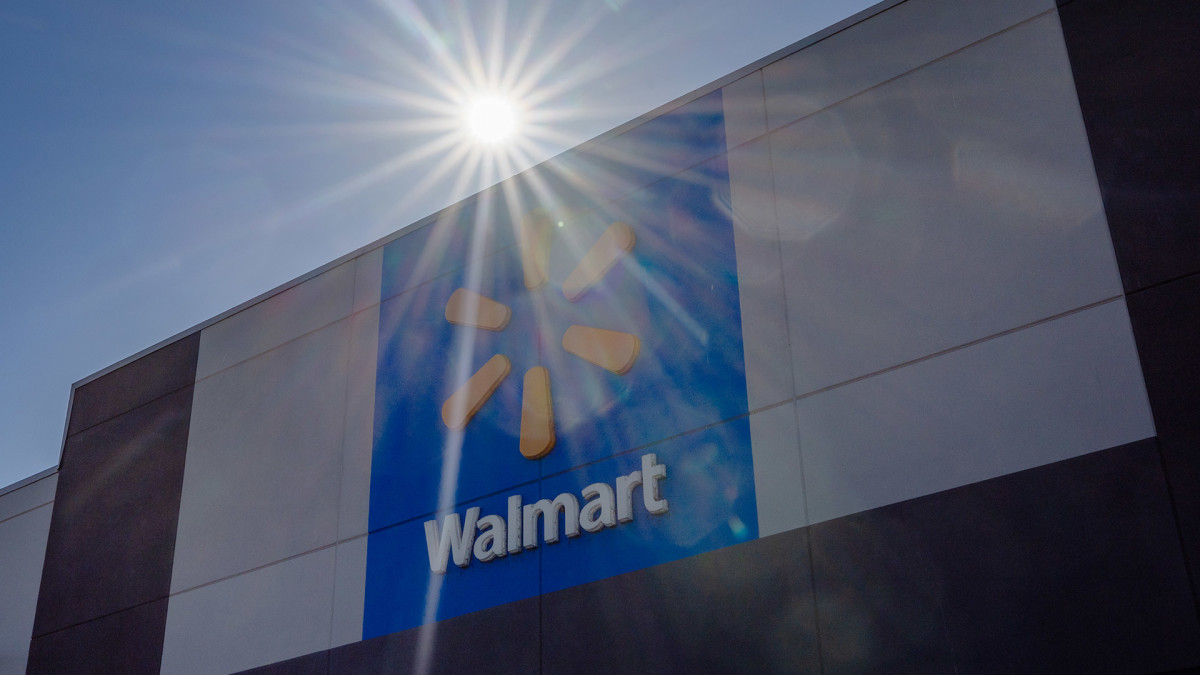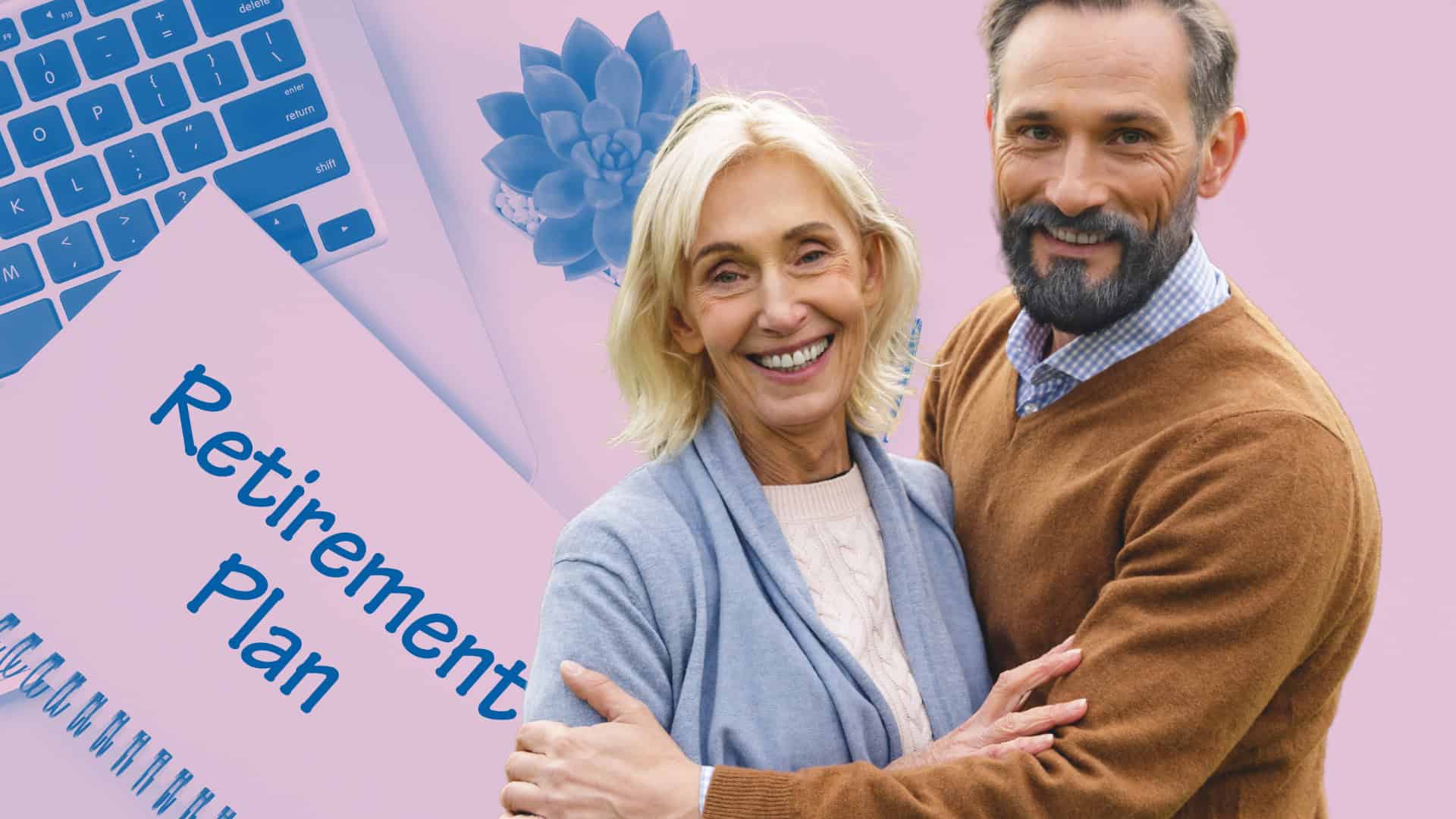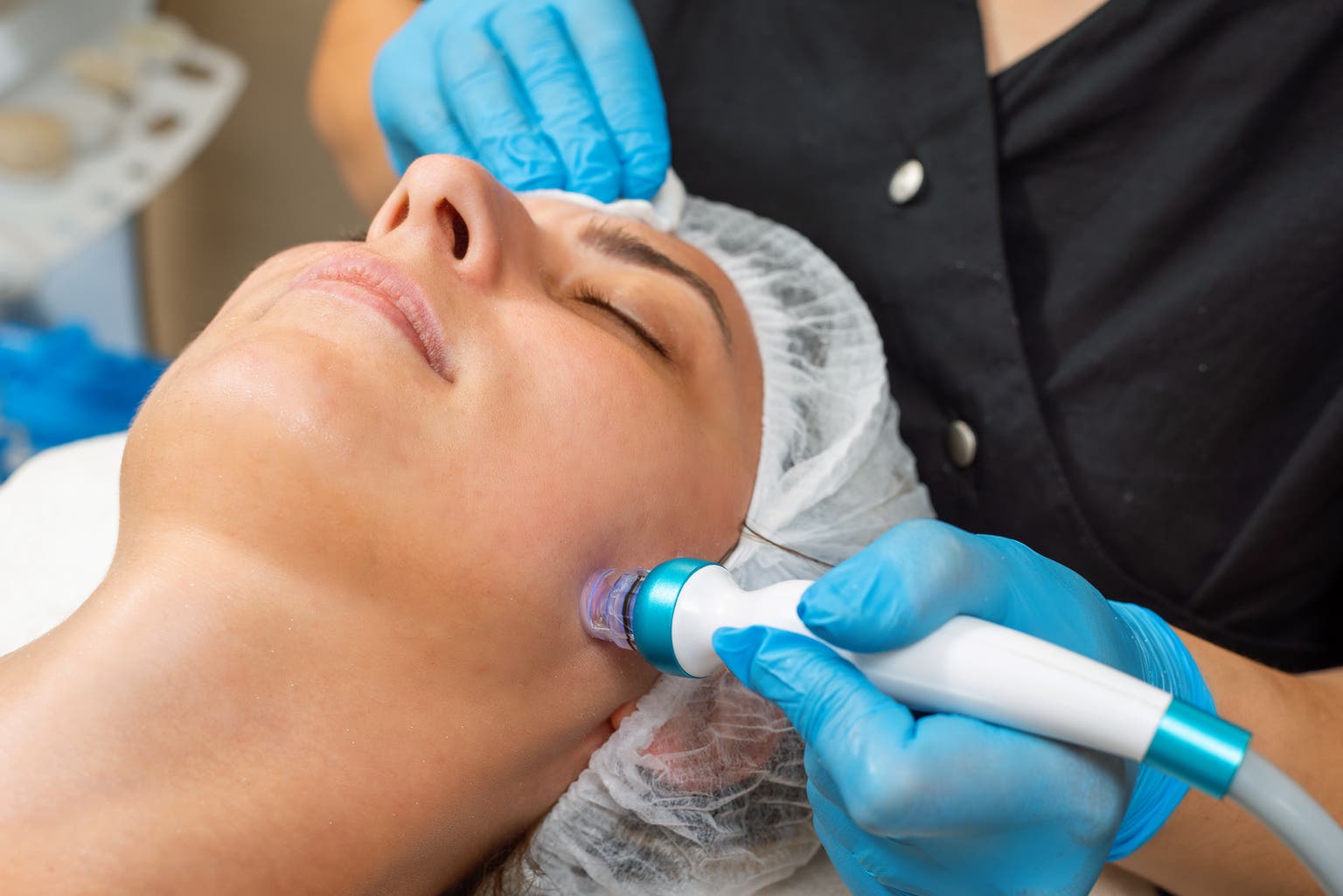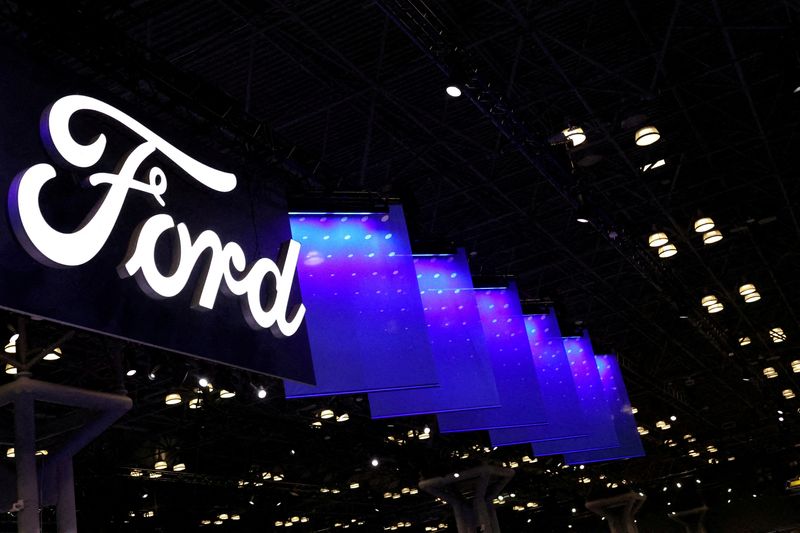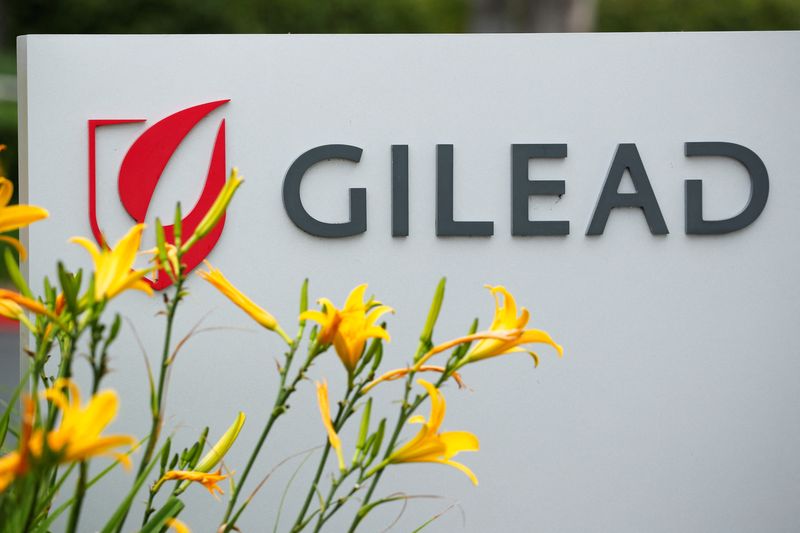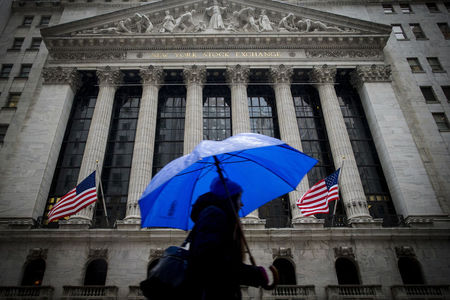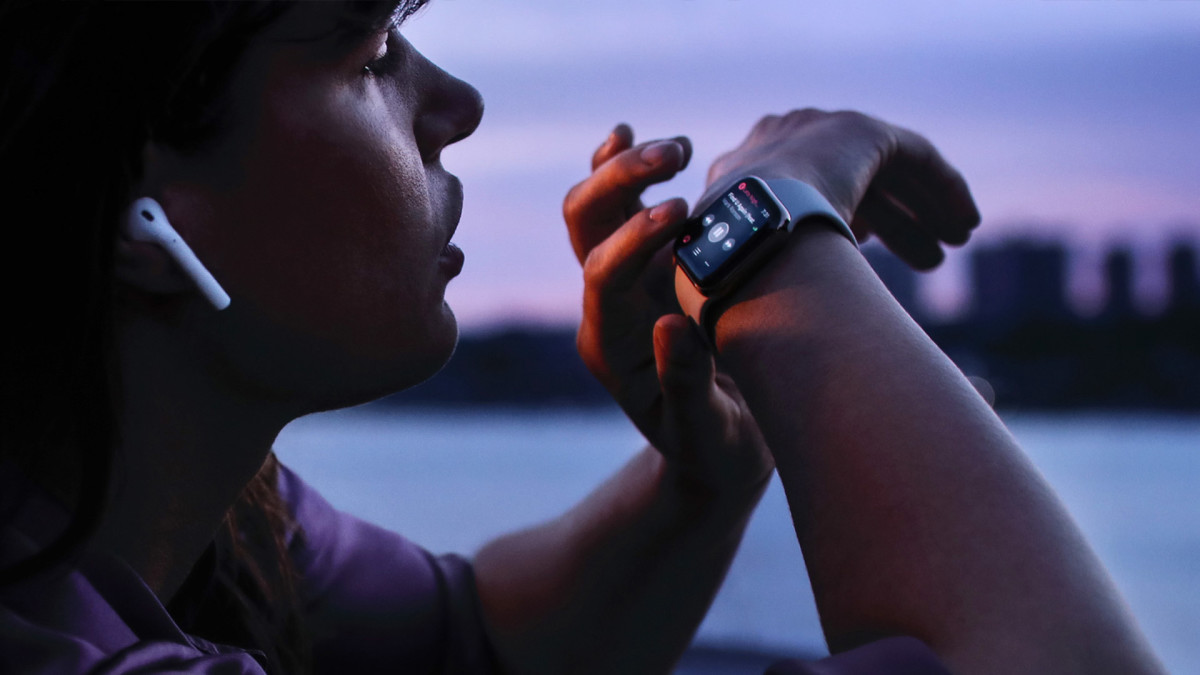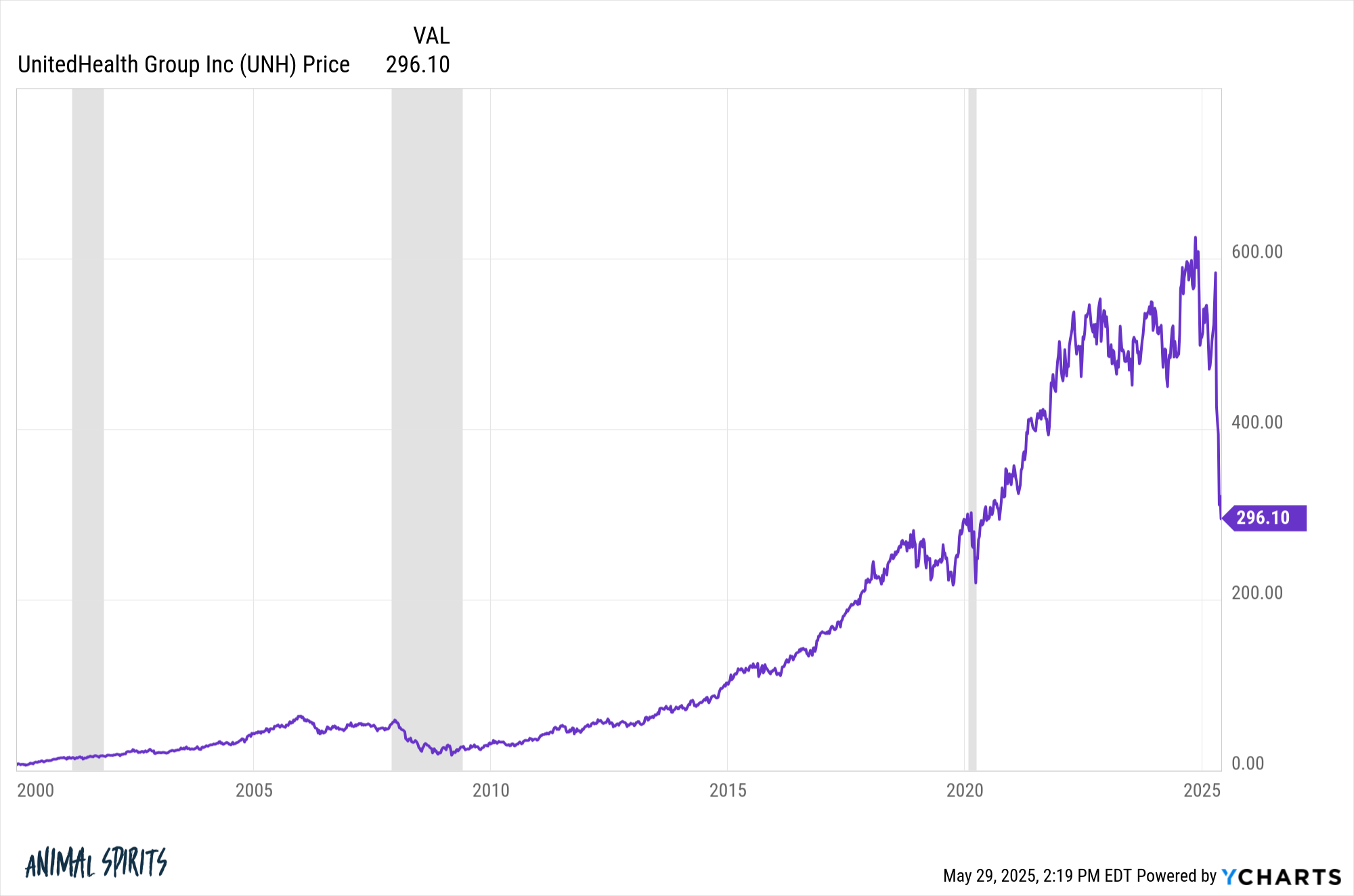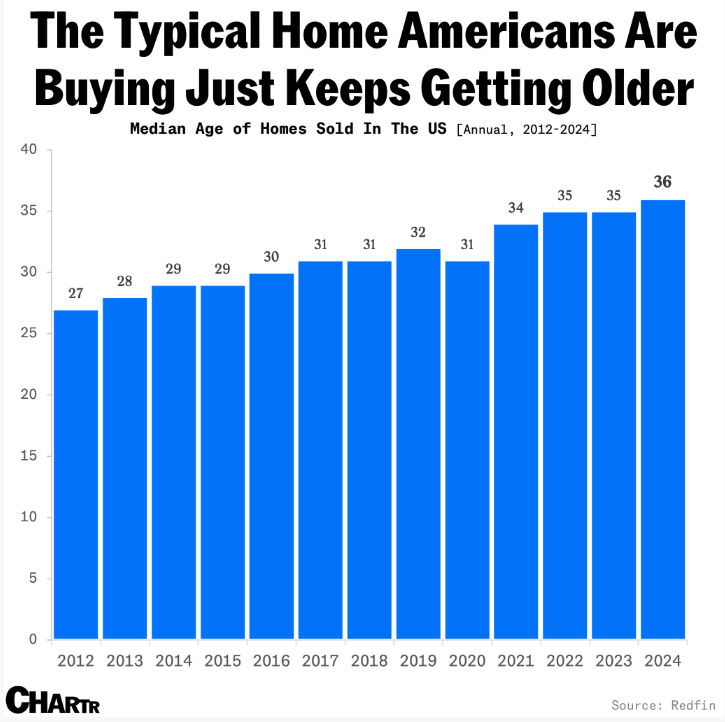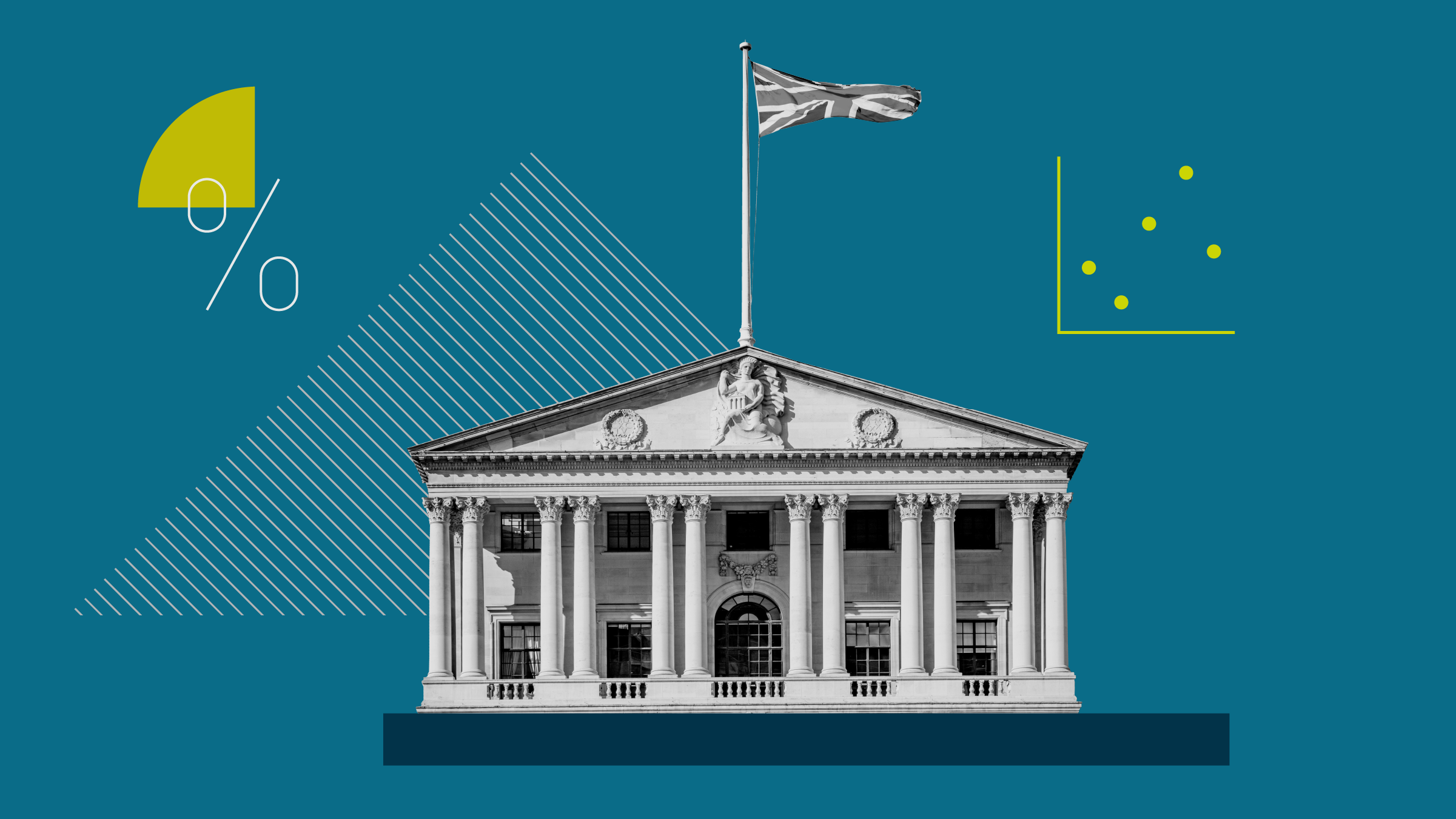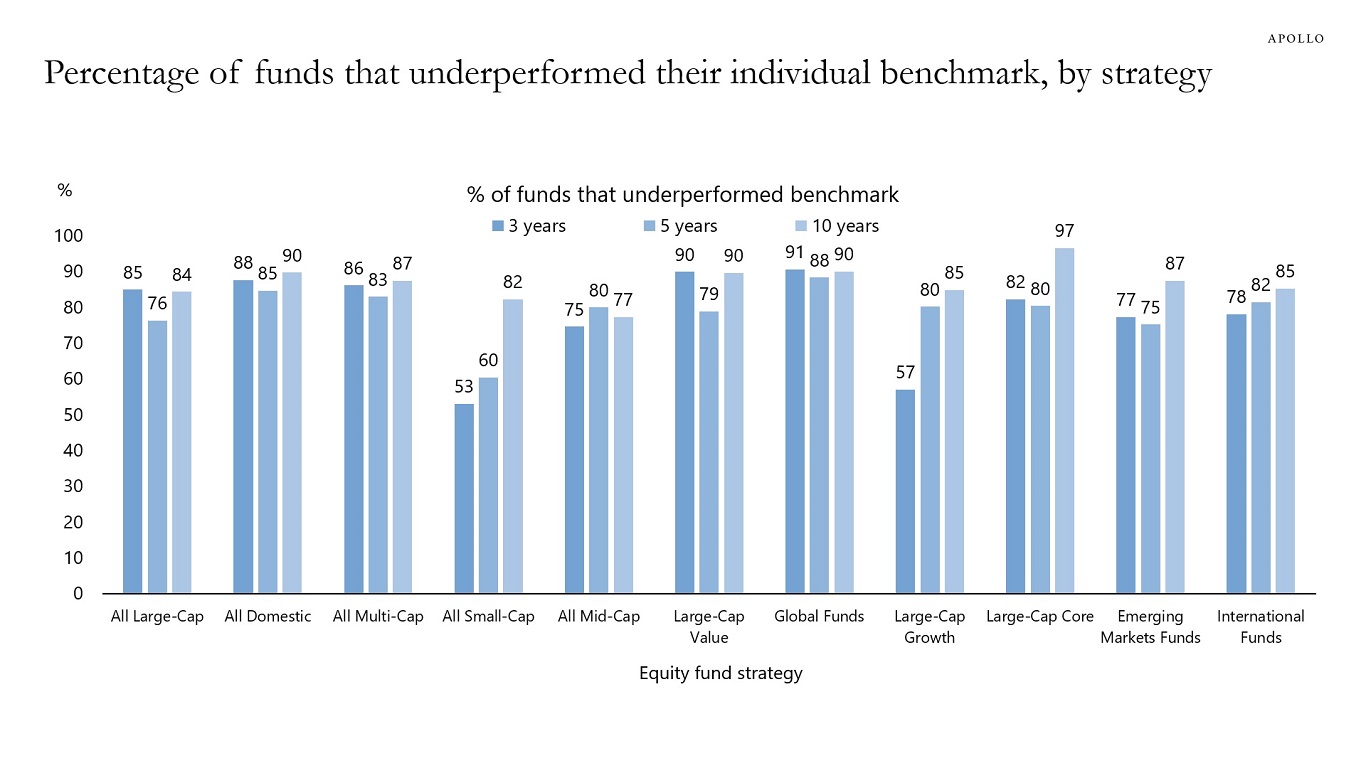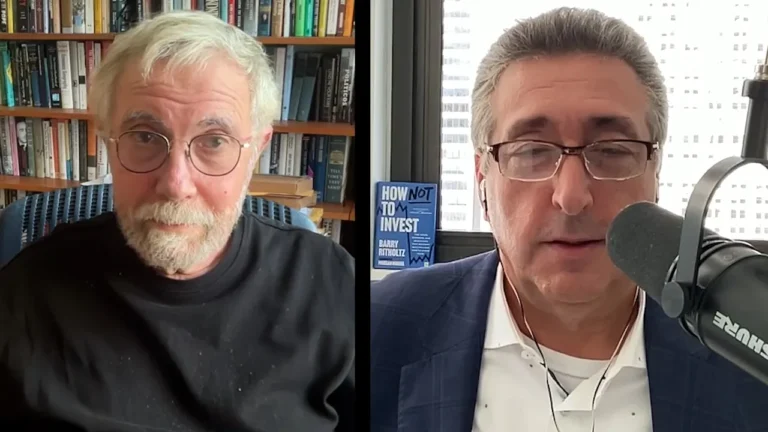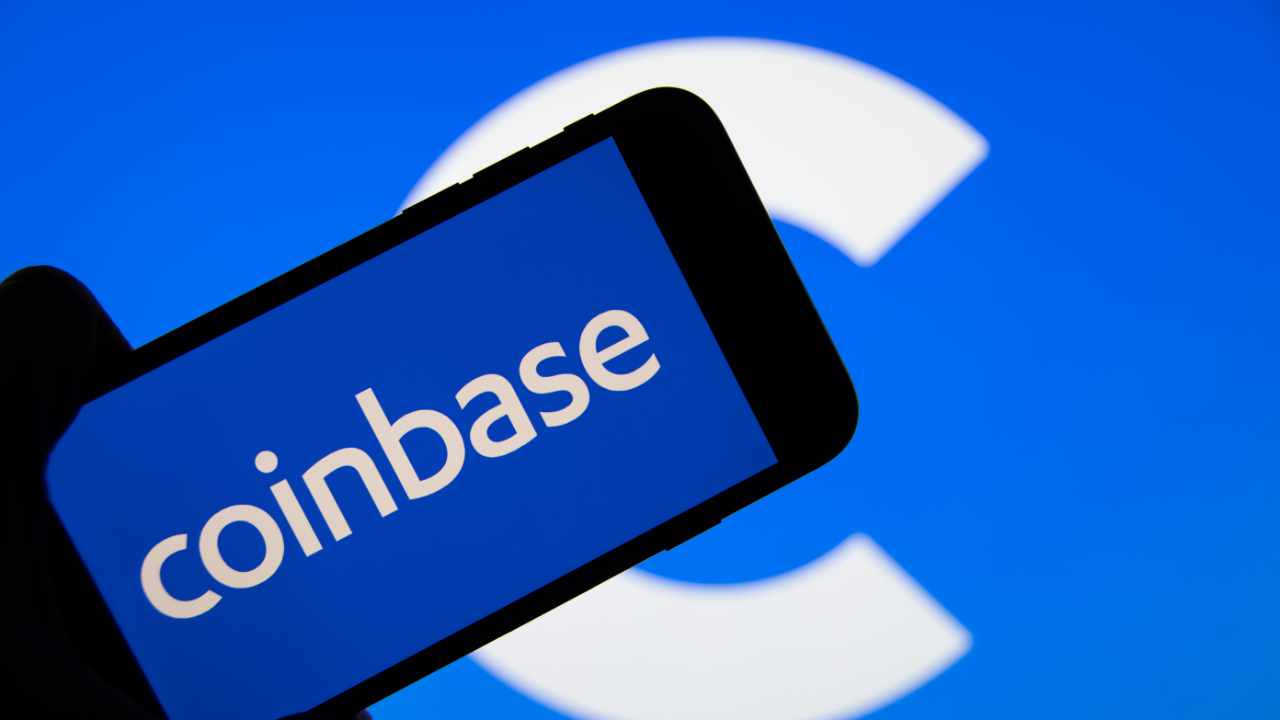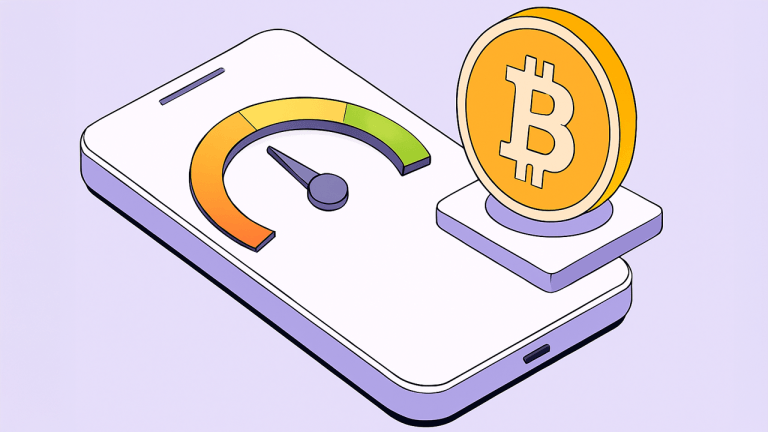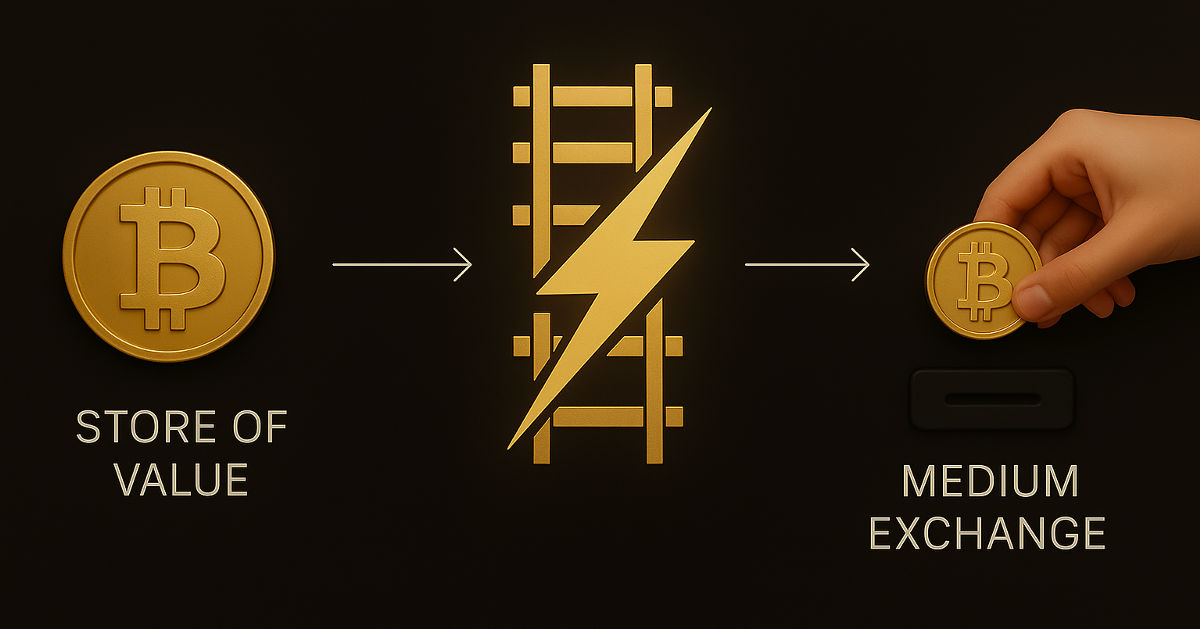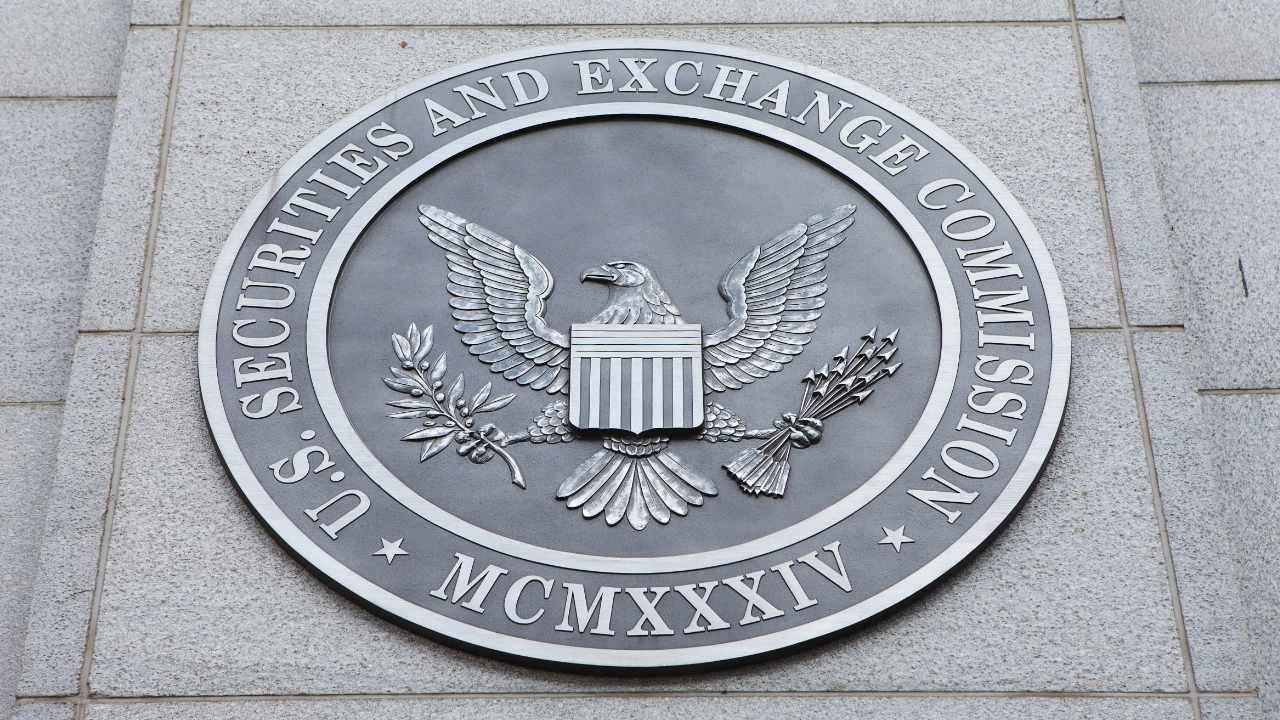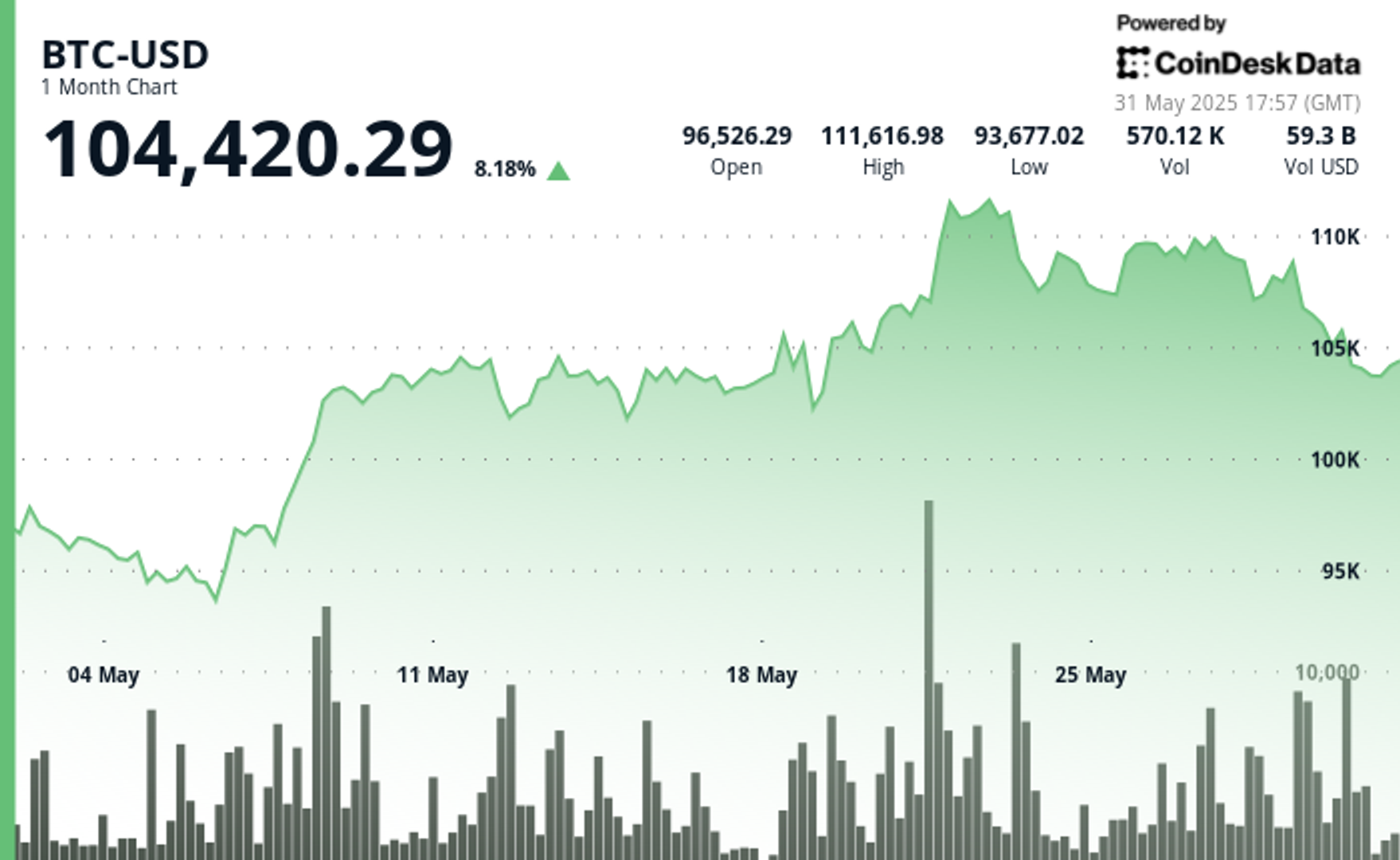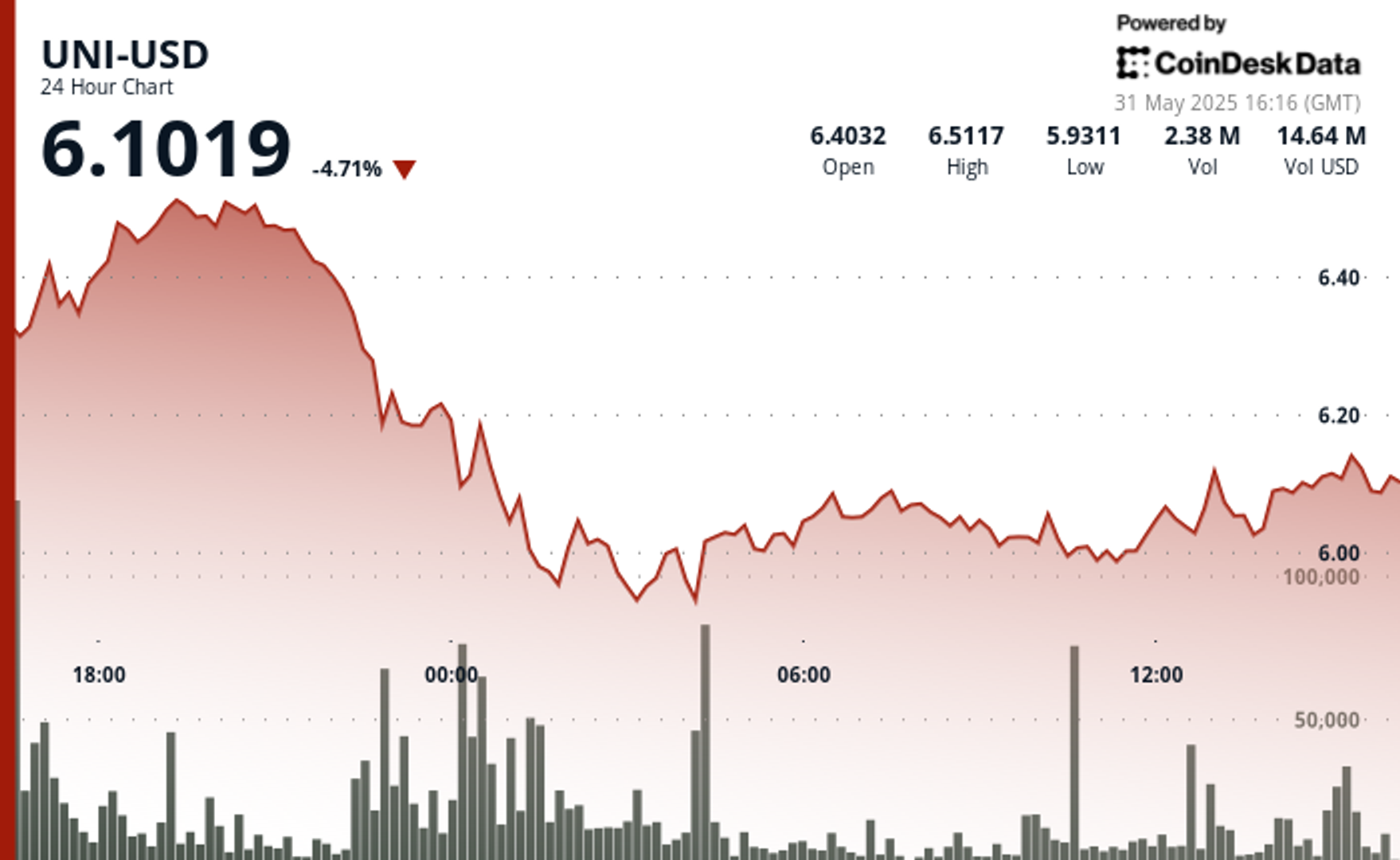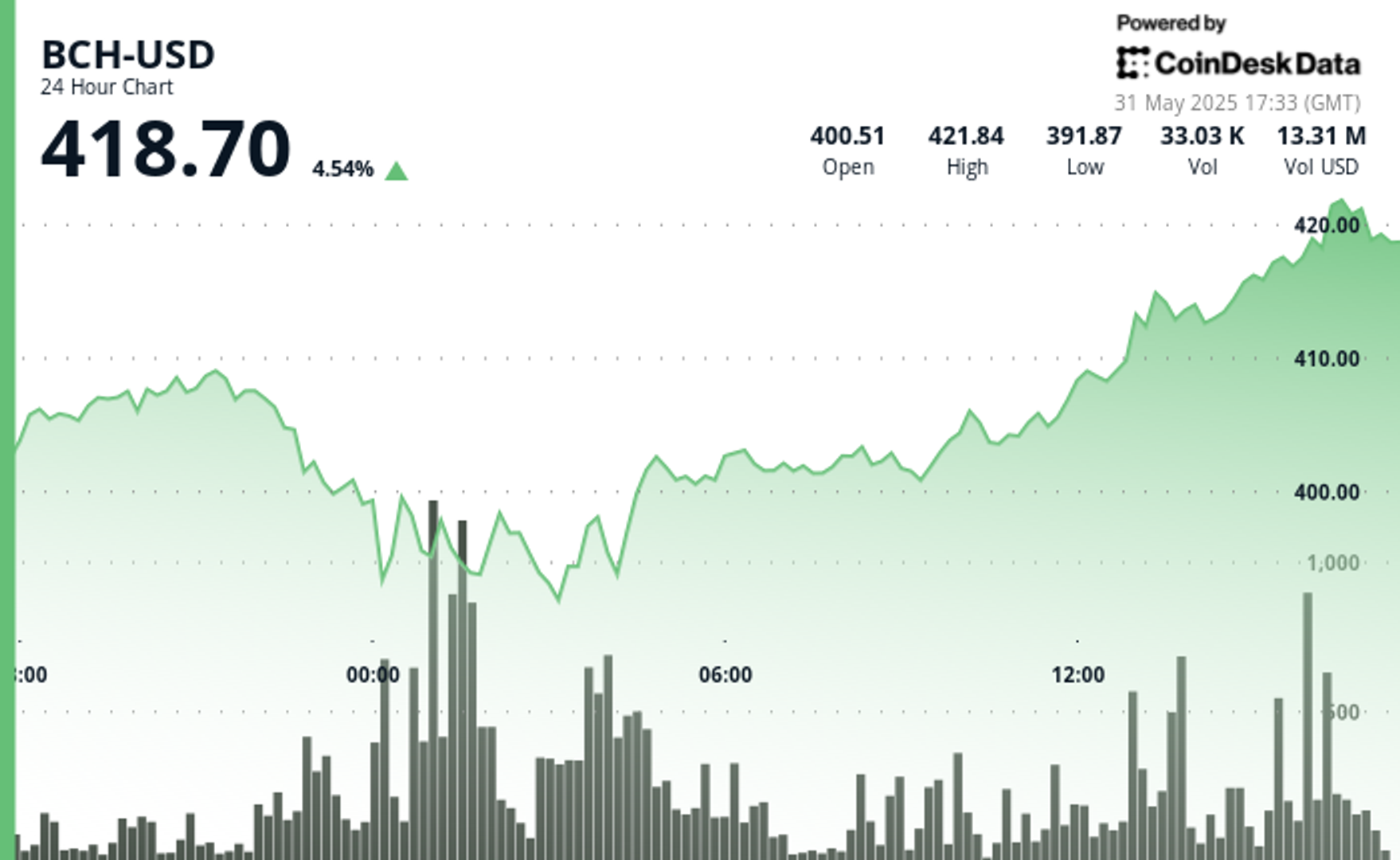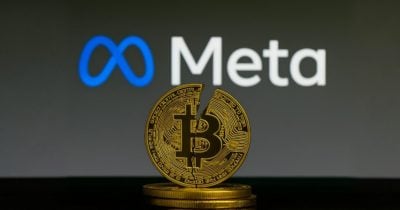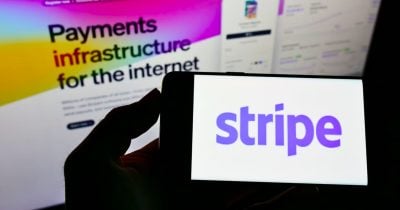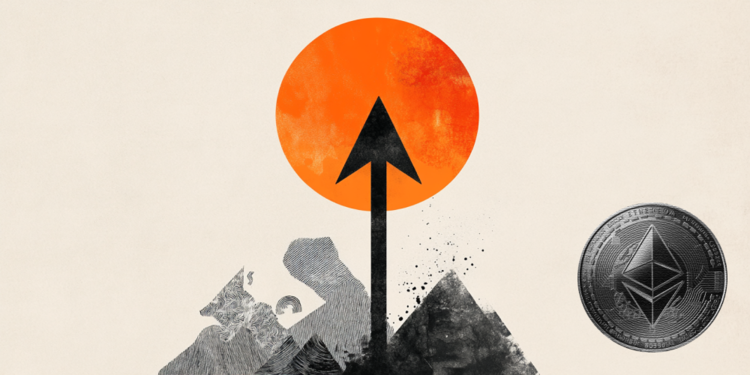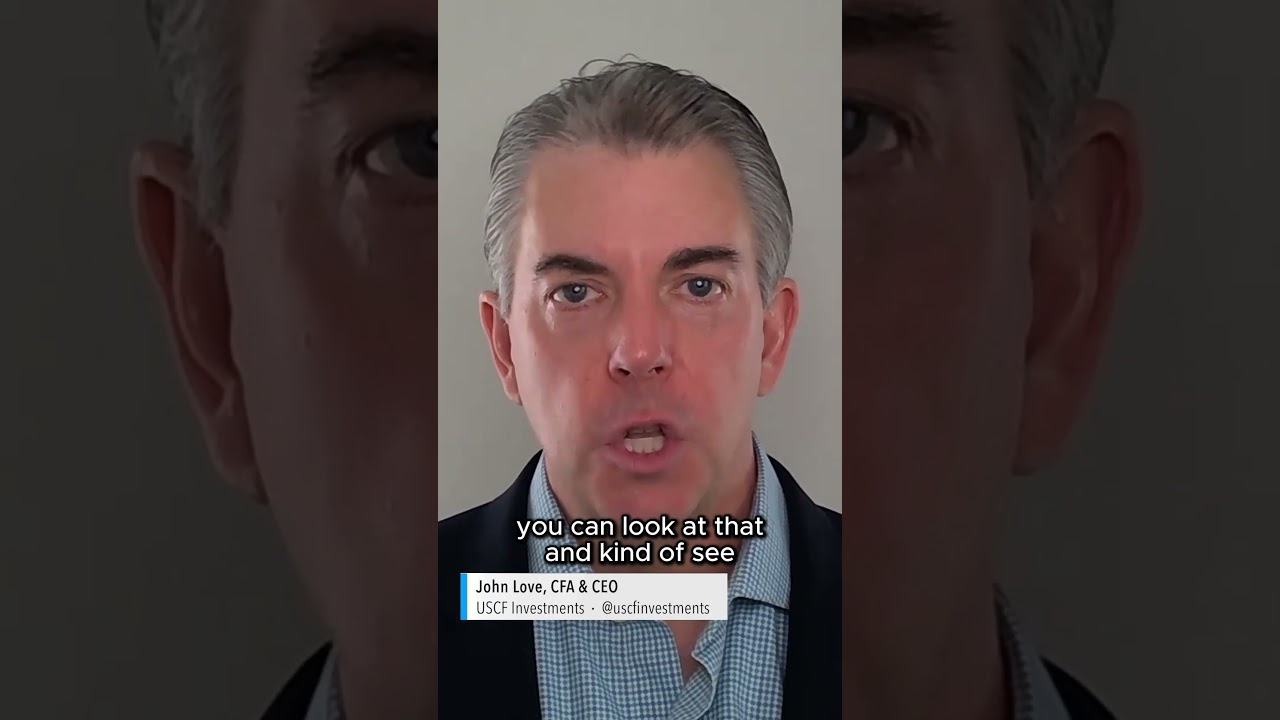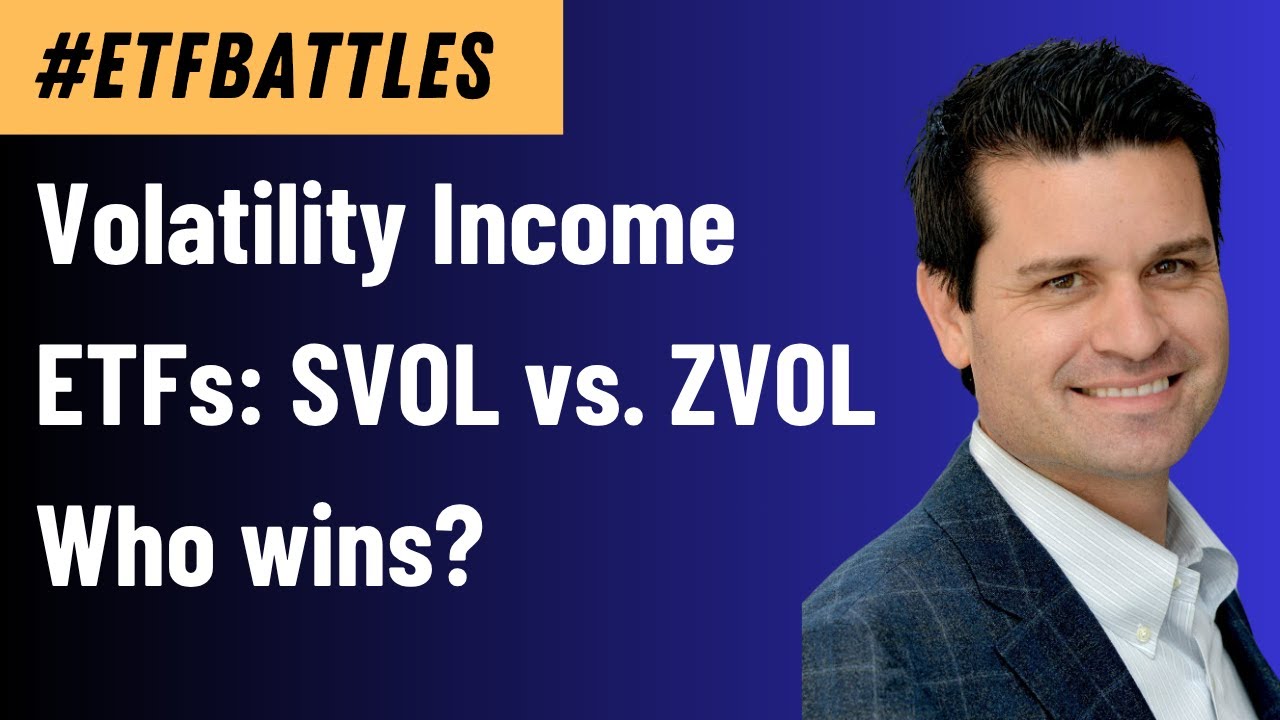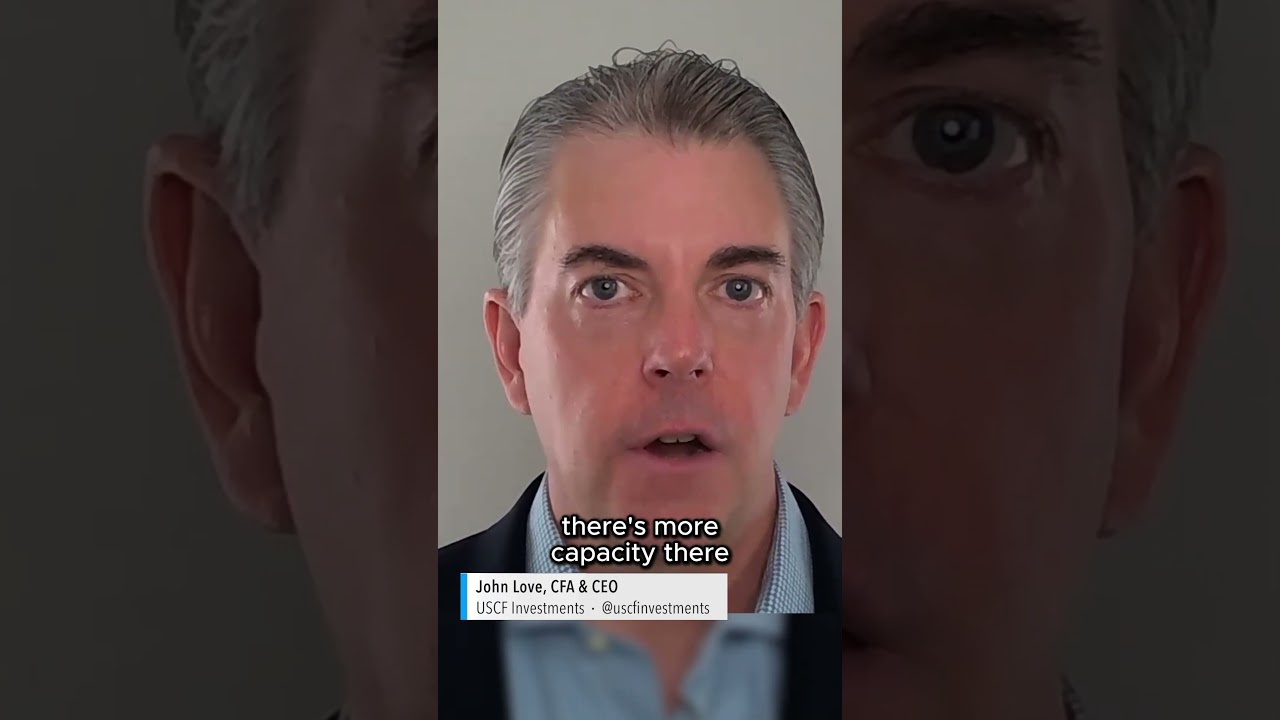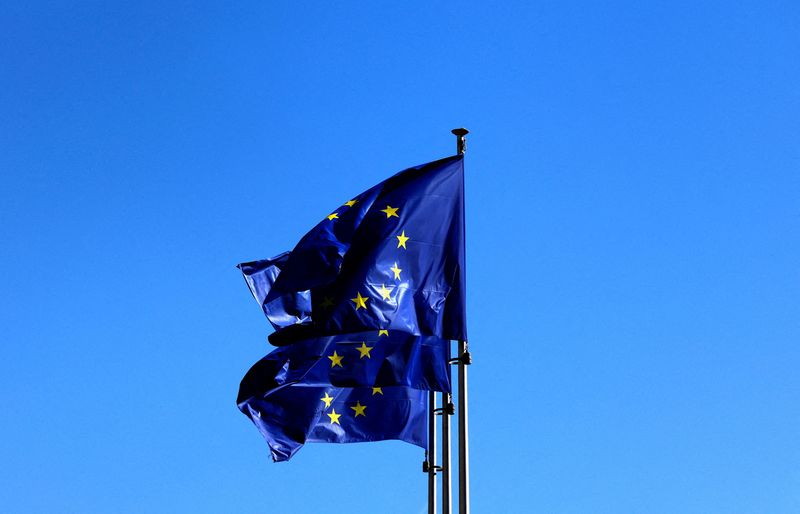Gen Z’s attitude about doctors poses a concerning health risk
Distrust and embarrassment are keeping young people out of the doctor's office.

Americans are not getting to the doctor on time.
Over 90% of working Americans say they have delayed a health screening or routine check-up, according to Aflac’s third annual Wellness Matters survey. Nearly all respondents—94%—say they face barriers to getting to their checkups. Logistics was cited as the core obstacle, followed by a distrust in doctors and insurance issues.
“It is proven that early detection saves lives, and the data shows that not enough Americans are practicing behaviors that are in their best interests,” says Matthew Owenby, Aflac’s chief strategy officer. The report was conducted by Kantar Profiles on behalf of Aflac, and is the result of a survey of 2,000 employed Americans between the ages of 18 and 65 from January of this year.
However, the results were more stark for younger adults. Gen Z and Millennials were most likely to avoid health screenings, with over half saying they won’t wait more than two weeks for an appointment with a doctor or specialist. Nearly a third of Gen Z reported not liking or trusting their doctor, or feeling embarrassed with them—the highest percentage of any generation.
Younger adults are also more apt to take non-traditional paths toward their health care and consult friends, family, or social media for their health, per the report.
“In many ways, the health care system feels like a stranger to them,” Owenby says. “GenZ’s comfort with technology and social media for health information combined with financial anxiety and distrust could be creating an approach that prioritizes convenience and immediacy over preventive care.”
Additionally, young women were more likely to avoid screenings than young men and older adults. A majority of Gen Z women, 68%, avoid screenings compared to 55% of Gen Z men (The report also found women were more likely than men to feel a lack of control over their health). The findings are in line with other findings on women’s historical distrust of the health system: Other research shows half of young women have had negative interactions in the health care system, with younger women more likely to say their pain was dismissed by a medical professional. It’s just one way that social determinants of health, like socioeconomic status, gender, and race, have disproportionately affected access to equitable health care for vulnerable populations.
But with cancer rates rising among those under 50, it’s critically important to get recommended screenings and checkups. Owenby hopes to call attention to preventive checkups, as the data highlighted that even people who know their risk still delay or avoid proper screenings out of both friction to access care and fear.
“It’s important to not associate going for a checkup or a screening with receiving bad news,” he says. “More often than not, it can provide peace of mind. It’s like wearing your seatbelt when you drive.”
This story was originally featured on Fortune.com






